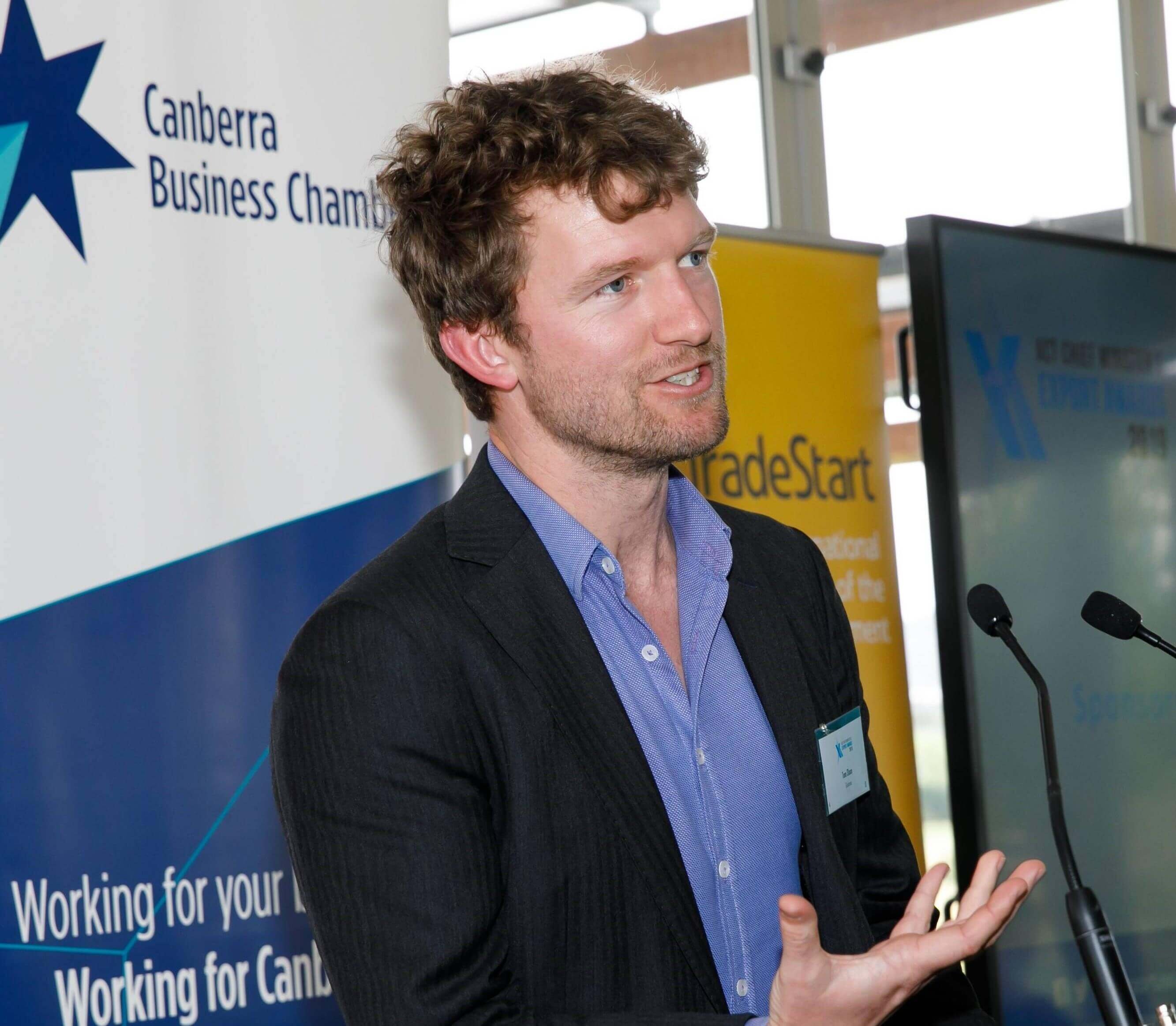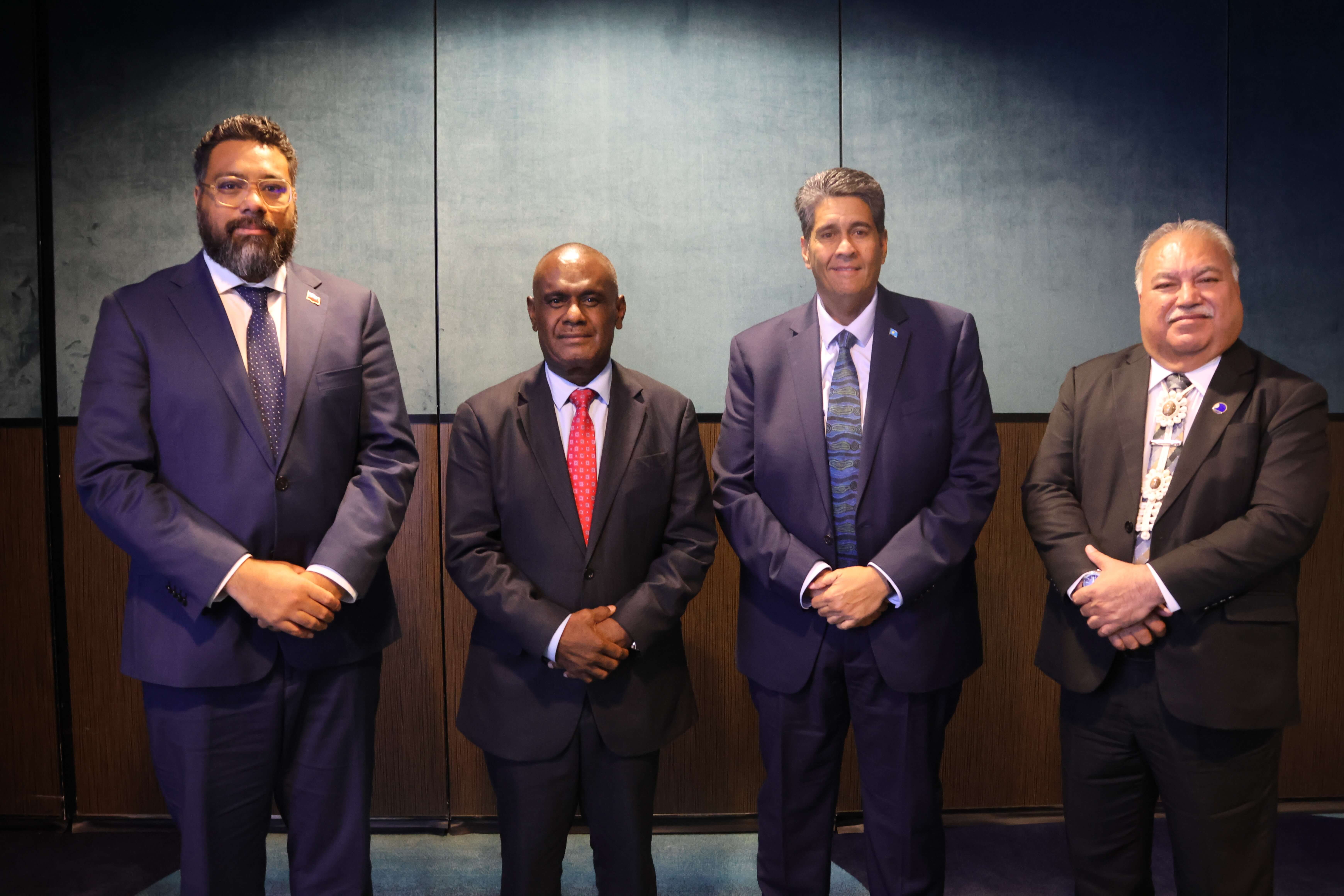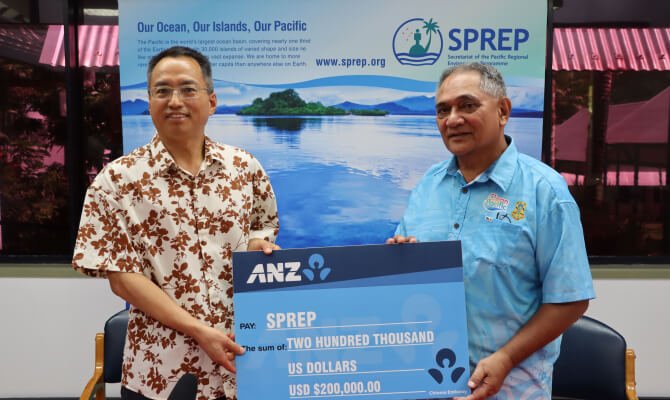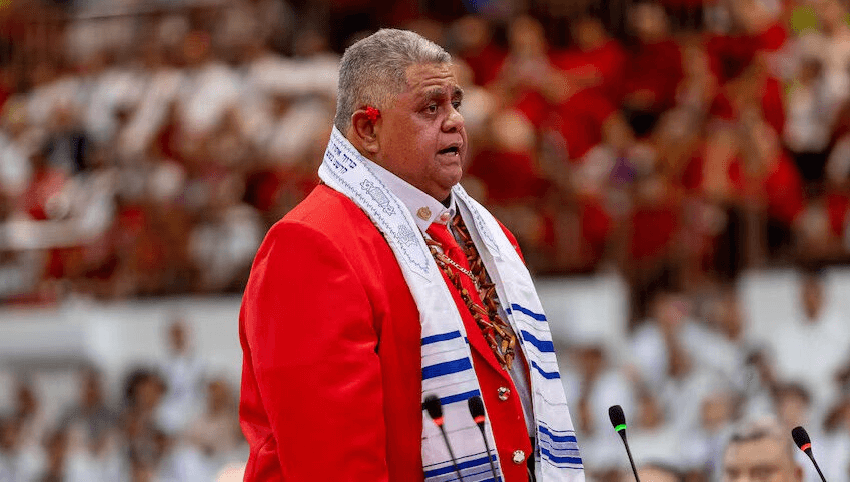In August 2019, Sustineo underwent a leadership change which resulted in me having the opportunity of stepping into the Interim CEO role. In October 2019, I was granted the privilege of taking Sustineo forward as the CEO in an on-going basis.
Reflecting on Sustineo’s journey over the last 12 months has highlighted the range of challenges we have faced as an organisation, including many lessons at both the organisational and individual level. In this two-part blog, I share my reflections on two distinctly different periods of our journey – pre and post the COVID-19 pandemic. The blog follows a series of themes loosely grouped chronologically… if you are less interested in the narrative, the lessons are at the end!
Transition, culture and staff engagement (September to November 2019)
Sustineo has always prided itself on fostering an open, collaborative and supportive culture which engenders a commitment to integrity and excellence. This has been core to the company since its inception in 2010. As is the case in many companies, the intensity of deadlines and ‘peaks’ in workload can impact upon how culture is realised in practice and experienced by the team. The leadership changes in August 2019 occurred against a backdrop of a significant workload with some team members being tired and some nearing burn out.
This presented an opportunity for the full team to take stock and to engage collectively in a review of practice, culture and future directions, in the context of changes in leadership.
As part of the transition period before my on-going appointment, we undertook a number of activities that focused on staff engagement to help set the groundwork for 2020 and beyond. This included staff audits of internal staff skills and interests, as well as staff views on human resourcing needs and experience of our culture. Key findings were workshopped with the team and informed a re-shaping of the way we worked through the end of 2019. While a lot of aspects were re-affirming of our culture, the process allowed us to hold a mirror up to ourselves and our practice, ultimately making sure – as one colleague reflected – we “walk the walk, not just talk the talk”.
Inclusion, ownership and accountability (December 2019 onwards)
In December each year, Sustineo has an annual ‘Debrief Day’ to recognise our successes and identify lessons from the year. The 2019 iteration had an explicit focus on updating the team on where we had made progress – and the areas where we hadn’t – against the actions from the staff workshop earlier in the year. This was an important part of being transparent around how we were tracking towards our agreed actions.
The work we had done in the latter months of 2019 meant we were riding a wave of positivity into 2020. The team felt close, we had surfaced difficult issues and were collectively working to resolve them, our projects were being delivered to an excellent standard and it felt like the business was positioned to grow. We sought to carry this momentum through to the 2020 Strategy and Planning Day, where as a team we identified the principle of “shared ownership and collective responsibility” for how we wanted to work. Fundamentally, this framed an approach for 2020 which would seek to empower and support our team, to foster shared ownership and build a robust culture around collective responsibility and mutual accountability.
Lessons learned
On a personal level, the opportunity to oversee this process of staff engagement and organisational change was rewarding, motivating and a steep learning curve. The period highlighted a number of lessons which I have taken forward.
1. As a leader, you need to listen, be humble and lose your ego. I have been part of Sustineo’s story since 2014 and I have shaped the culture in some way since then. When you have put in a lot of effort into making iterative improvements, certain feedback can be bruising. I learned from this process the importance of opening spaces to hear honest feedback, and the value of acknowledging people’s lived experiences and perspectives. Doing so required me to put away my ego and focus on how to help craft a path forward. People’s experiences are valid, whether you agree with them or not. As a leader in an organisation, if you are not listening to your team and their experiences, then who are you listening to?
2. Change takes time, results are not immediately obvious and patience is a virtue. The process we took during the transition period was phased, and I am grateful that I had the guidance of more experienced staff to encourage unhurried action. This allowed time to make considered decisions and opened the space for further engagement. For some staff, this approach frustrated them as in the short-term certain symptoms of issues (intense work periods, etc) repeated. However, taking a considered approach helped us not only make changes but have them set in systems which have now become the norm.
3. Words and rhetoric are important but you need to demonstrate follow through. Rhetoric is easy but follow through is more difficult. People and organisations build habits that perpetuate the ‘norm’ for how a system operates. This takes time to adjust and effort from all those involved. However, even if change is being incrementally made it is important to communicate what changes are being pursued and why. This is something I learned to do better – and be more transparent about when we were falling behind – as we went through the process.
4. Being transparent and honest are good, kindness and compassion are essential, and vulnerability is more than OK. This period was laced with learning and reflection in terms of the type of leader I want to be at Sustineo in the CEO role: transparency and honesty to frame how I want to communicate; kindness and compassion to inform my approach to decision making and engaging with team members; and vulnerability to be expressed as a way of garnering views and engendering a culture of support across our organisation.
At times I did these well, and at times I left myself scope for future improvements. These continue to be the orienting principles for how I want to work myself and with colleagues.
5. Bring your team along – “If you want to go quickly, go alone. If you want to go far, go together”. I am not usually one for quotes, but this one is instructive to my view on working with a team. We invested significant time and resources into engaging with our team members because we see the people and team as being important – Sustineo are its people. This approach recognises the importance of thinking about the organisation in the future, and not just today.
Sustineo is a learning organisation, and these lessons are shared in that context. Challenges and surprises are a constant for different organisations and their teams – these are learning opportunities that can to help navigate through other future and unforeseen challenges. As outlined in Part 2 of this blog, the lessons gained through the last quarter of 2019 very much informed the path we tried to take in managing COVID-19 through 2020. If you have comments or reflections on anything written here, we – and I – would welcome to hear from you.
Email Tom Sloan at tom.sloan@sustineo.com.au.



